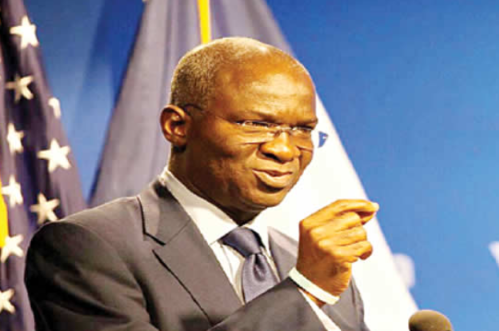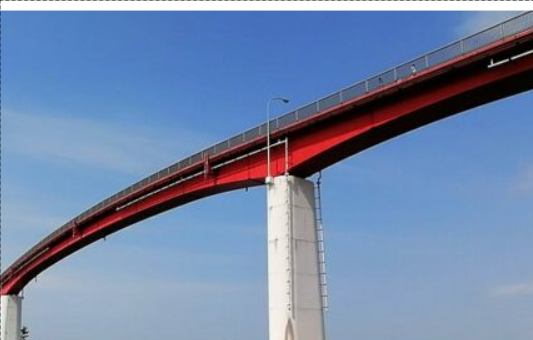Nestled in Chiba Prefecture just 70 kilometers from Tokyo, Kisarazu has recently captured global attention as Japan’s designated hometown for Nigerians, a status formalized by the Japanese government during the ninth Tokyo International Conference on African Development. This initiative introduces a specialized visa program tailored to draw skilled workers, students, and professionals from Nigeria, fostering deeper ties between the two nations through cultural and economic exchanges. The city’s strategic location, linked to Tokyo via the impressive 23.7-kilometer Tokyo Bay Aqua-Line—a marvel of engineering combining bridges and tunnels—ensures seamless connectivity, allowing residents to commute to the capital effortlessly.
The bond between Kisarazu and Nigeria traces back to the Tokyo 2020 Olympics, where the city played a pivotal role in training Nigerian athletes, setting the stage for this enduring partnership. With a population of around 136,000 as recorded in 2020, Kisarazu grapples with an aging demographic, much like many parts of Japan, and views the influx of Nigerians as a vital infusion of energy to revitalize its workforce and community dynamics.
Safety stands out as one of Kisarazu’s strongest attributes, aligning with Japan’s global reputation for low violent crime rates and effective community policing. While minor incidents such as pickpocketing can occur, the overall environment remains secure and welcoming, making it an ideal setting for newcomers adapting to life abroad.
Economically, Kisarazu thrives within the Keiyō Industrial Zone, home to robust sectors including steel production, chemical manufacturing, and electronics. Complementing this industrial base are agricultural pursuits and a thriving fishing industry, alongside retail destinations like the expansive Mitsui Outlet Park. Living costs here offer a refreshing contrast to Tokyo’s urban expenses, with affordable options for housing, groceries, and transportation. The average after-tax salary reaches about $2,585, comfortably supporting living expenses for over two months, positioning the city as the 994th best globally and 102nd in Japan for quality of life.
Culturally, Kisarazu pulses with vibrant traditions, from the energetic Yassai Mossai dance parade to the lively Minato Port Festival, complete with fireworks and street performances that draw crowds annually. The city even inspired a popular television drama that showcases its charm. Fashion trends lean toward modern, casual styles, though traditional garments like kimonos and yukatas appear during festivals, providing opportunities for Nigerians to infuse African prints into these celebrations for a unique cultural blend. Local cuisine delights with fresh seafood, particularly clams harvested from Egawa Beach, alongside staples such as ramen, udon, and festival favorites like takoyaki and taiyaki, inviting newcomers to explore Japan’s culinary heritage.
Visitors and residents alike flock to Kisarazu’s array of attractions, including the Nakanoshima Bridge, Japan’s tallest pedestrian structure, which offers breathtaking panoramas of Tokyo Bay and distant Mount Fuji on clear days. The historic Kōzō-ji Temple, established in the 1500s, provides a serene glimpse into the past, while spots like Kurkku Fields, Nakanoshima Park, Egawa Beach, Aeon Mall, Umihotaru, and the Mitsui Outlet Park cater to diverse interests from nature to shopping.
Education in Kisarazu is accessible through institutions such as Seiwa University, the National College of Technology, and Gyosei International School, which delivers bilingual Japanese-English programs from primary to high school levels, easing the transition for international families. Healthcare follows Japan’s universal system, requiring enrollment in National Health Insurance for comprehensive coverage, with facilities like the city hospital ensuring quality medical services.
Governed under Japan’s municipal framework, Kisarazu features a directly elected mayor, currently Yoshikuni Watanabe, who has actively supported the Nigerian hometown initiative, alongside a city assembly handling urban development, social welfare, and emergency preparedness. For those considering marriage, procedures involve registration at city hall, with a legal age of 18 for both partners and no allowance for polygamy; Nigerian applicants must verify their single status through official documentation.
Religiously, Shintoism and Buddhism dominate, but minority faiths like Christianity and Islam find support through small local churches and international groups, with more extensive options in neighboring Chiba and Tokyo for spiritual community building.
Daily life operates on the Japanese yen, featuring banknotes in denominations of 1,000, 5,000, and 10,000, and coins ranging from 1 to 500. Communication primarily occurs in Japanese, incorporating regional dialects alongside the standard Tokyo-based variant. Timekeeping adheres to Japan Standard Time, nine hours ahead of Coordinated Universal Time, resulting in an eight-hour difference from Nigeria’s West Africa Time, with neither observing daylight saving.
Through this innovative hometown designation and visa pathway, Kisarazu not only opens doors for Nigerians seeking new horizons but also enriches Japan’s cultural tapestry, promising mutual growth and strengthened bilateral relations in the years ahead.
















